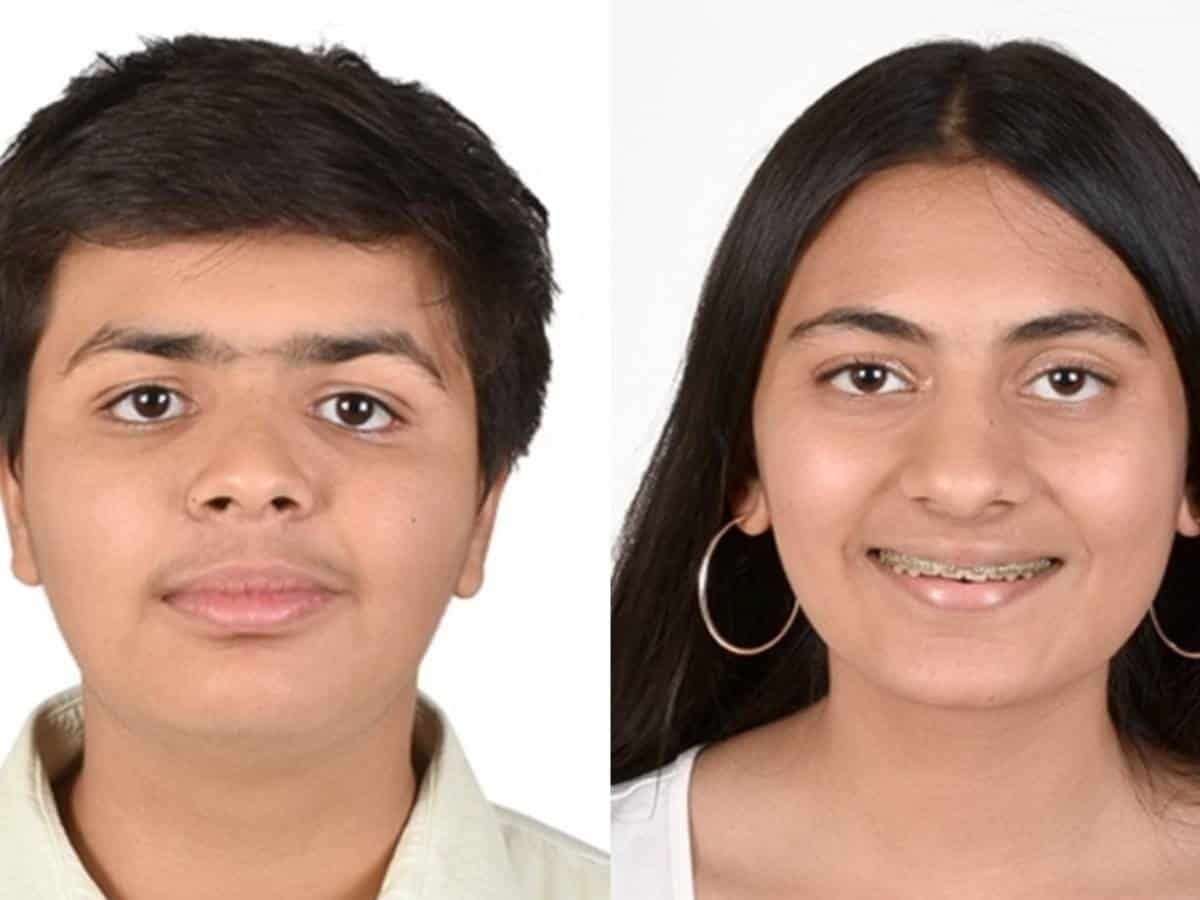
New Delhi: It was during the pandemic that Gurugram-based teenagers Manya (16) and Krish (13) decided to set up the Children’s Art Museum of India (CAMI), an online platform for young artists with a view to providing them an outlet to express themselves through art, fostering creativity and community.
Stressing that the platform emerged to address a significant gap in the art world — while numerous platforms focused on art instruction, there was a dearth of platforms dedicated to showcasing the work of young artists, Manya says, “Additionally, young artists struggled to connect and learn from their peers. Our platform fills these voids by providing a space for them to exhibit their creations and foster a supportive community. We aim to empower young artists, amplify their voices, and inspire creativity and connection among the next generation of artistic minds.”
The online space was chosen for this to ensure accessibility and reach a wider audience seating both in rural and urban areas of India.
Krish feels unlike a physical museum, an online platform allows children from all corners of the country to not only showcase their artwork without limitations of geographical proximity but also provides a safe and inclusive environment to express themselves freely.
“Additionally, an online platform enables easy sharing, interaction and learning among young artists, fostering a sense of community and collaboration. Furthermore, we do plan to build a physical museum as well in the near future.”
Talk to them about the fact that most museums in India remain unimaginative to be attractive for children, and Manya says they need to create engaging and interactive exhibits, incorporating innovative technologies, and developing kid-friendly programs so as to ignite children’s curiosity and passion for learning.
“This will foster a lifelong love for art, history and culture. At CAMI, we have also developed a Metaverse game on Roblox -Children’s Art Museum, to let users relish art museums in 3D and enjoy their artwork in an immersive experience.”
Krish adds that the platform also facilitates parents to engage with children in meaningful conversations about art, critical thinking and imaginative expression.
“Exposure to the arts significantly encourages creative and analytical thinking. It nurtures their imagination, develops problem-solving skills, fosters critical thinking, and promotes self-expression. Through artistic exploration, children learn to think outside the box, embrace multiple perspectives, and develop a deeper understanding of the world around them in a creative manner.”
The platform also proves free art education to young artists, thus ensuring that talented individuals, regardless of their background, have the opportunity to develop their skills and showcase their work.
Considering most schools here do not even have art appreciation classes, the duo feel the same helps discover the beauty and meaning behind different artworks.
“As teenagers, Krish and I believe that art appreciation allows us to explore diverse cultures, emotions and perspectives, and helps develop a sense of empathy and creativity,” concludes Manya.
